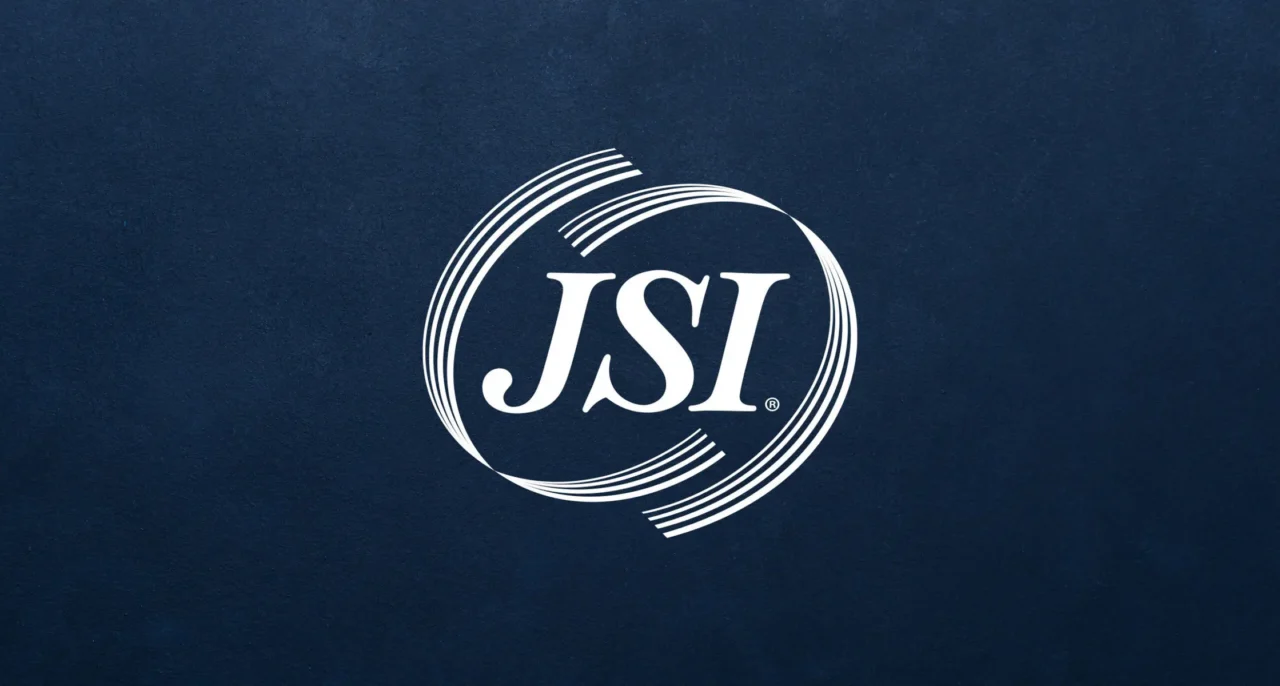
No Surprise Here: FCC Classifies Broadband as a Telecom Service

As expected, today the FCC voted 3-2 down party lines for what some called “the nuclear option” to reclassify both fixed wireline and wireless broadband Internet access service as telecommunications services under its Title II and Section 706 rules. The move comes after the federal courts remanded the previous net neutrality rules back to the FCC last year. Since then, more than 4 million comments flooded into the FCC, industry insiders spent countless hours lobbying for their interests, protesters disrupted meetings and set up tents around the FCC’s building, and Republican members issued very strongly worded statements in opposition to the rules.
We won’t know all of the details of what is likely going to be a very large Report and Order (estimated at 317 pages) until the FCC releases the full text, so we’re left to speculate on its contents based on Chairman Wheeler’s recent fact sheet and the press release the Commission issued today.
The FCC’s new net neutrality rules rely on the regulations under Title II of the Communications Act and Section 706 of the Telecommunications Act of 1996, though Wheeler claims many of the requirements under these two areas will be waived for Internet service. The plan bans three main actions: blocking, throttling and paid prioritization.
According to what the FCC has released, broadband internet service will be subject to:
- Core provisions of Title II’s Sections 201 and 202, which cover unjust and unreasonable practices;
- Investigation of consumer complaints under section 208 and related enforcement provisions, specifically sections 206, 207, 209, 216 and 217;
- Stronger consumer privacy rules under Section 222, which pertain to CPNI;
- Pole and conduit access rules under Section 224;
- Rules protecting people with disabilities under Sections 225; and
- Partial application of Section 254, which the FCC claims will bolster universal service fund support for broadband service in the future.
While the Order adopts even stronger network transparency rules, it appears that most JSI clients will not be impacted. According to the FCC’s press release, small ISPs with fewer than 100,000 subscribers will be granted temporary exemptions from these new transparency rules, but this could change in the future.
Although Commissioner O’Reilly is calling it ‘fauxbearance,” the FCC says that it will forebear from enforcing certain parts of Title II:
- Rate regulation – broadband providers will not be subject to tariffs or other form of rate approval, unbundling, or other forms of utility regulation;
- Universal Service Contributions – broadband providers will not be required to contribute to the Universal Service Fund under Section 254; and
- New taxes or fees – there will be no automatic Universal Service fees applied and the congressional moratorium on Internet taxation applies to broadband.
In defending the Title II approach, Commissioner Clyburn highlighted the fact that rate-of-return carriers offer broadband Internet access under Title II regulation. In her statement she declared, “They contribute to universal service and, amazingly, the sky has not fallen and things are okay. We have not regulated their rates, and I am unaware of any stream of class action lawsuits.”
It certainly will be interesting to read the entire Report and Order once it is published. Shortly after its release, JSI plans to hold a webinar for clients to explain the Order’s full implications on their ISP businesses and what new regulations they’ll need to prepare themselves for. Look for more information on this webinar shortly after the FCC publishes the Order.
For more information or questions about net neutrality and the FCC’s actions from today, you can contact John Kuykendall or Cassandra Heyne in our Maryland office at 301-459-7590 or Douglas Meredith in JSI’s Utah office at 801-294-4576.
Source: Source email
